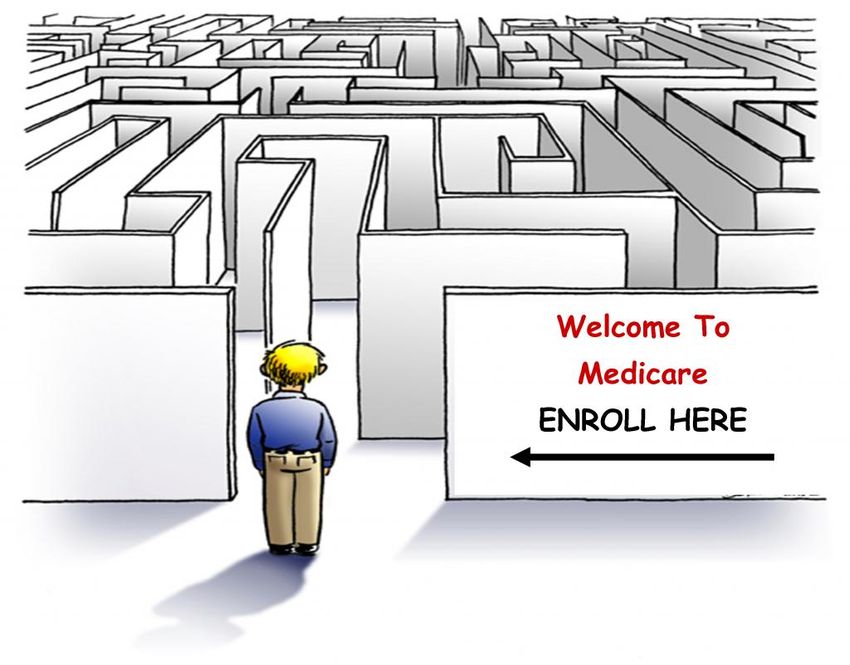Medicare is a powerful program that helps millions of people. But it’s also a little bit confusing. If you’re not a government official or a health insurance industry insider (or even if you are), the ins and outs of Medicare and its various parts and deadlines can seem overwhelming. The most important deadline, of course, is the one that will make or break your coverage: When can you sign up for Medicare?
We’re here to clear things up a bit. Below, we’ll briefly recap what Medicare is and how it works. Then, we’ll dive into the various times and ways that you can enroll in Medicare.
What is Medicare, and how does it work?
Medicare is the federal government’s state-sponsored health insurance program. It came into being back in 1965, when Congress acted to protect older people without health care. Because the United States has long has an employer-based health care system in which health insurance is generally acquired as a benefit of employment, it was tough for retirees without great pension plans to get the health coverage they needed. Medicare fixed that, and was later expanded to cover others, such as people with certain disabilities.
Modern Medicare has four parts. Medicare Part A is the plan that covers Medicare recipients’ most basic health needs and emergency care. If you have Medicare and go to the hospital, this is the part that covers you. Medicare Part B covers preventive care, such as visiting your primary care physician or a specialist. Medicare Part D covers prescription medication. Medicare Part C is a private insurance option.

source:healthtn.com
When can you enroll in Medicare?
Like other health insurance plans, Medicare can be acquired during the open enrollment period. The open enrollment period happens early in the year.
But the open enrollment period is not the only time during which you can enroll in Medicare. There are also special enrollment periods of various kinds.
Medicare is a program for older Americans, and only those age 65 and older are eligible for it. So, as you might expect, one of the special times that you can enroll in Medicare is when you turn 65 years old. Americans who are eligible for Medicare can enroll during a period beginning three months before their 65th birthday and ending three months after it.

source:healthtn.com
This isn’t the only Medicare Special Enrollment period. There are others, too. Generally speaking, you get a special enrollment period anytime that you have a change of circumstances that could affect your coverage. For instance, if you receive health care from an employer and then are fired or leave your job, you could be eligible for a special enrollment period (if you are already old enough for Medicare, of course). If you have a plan through your spouse, and your spouse passes away, that could trigger a special enrollment period, too. Or you could get a special enrollment period if you relocate and the place that you move to has different Medicare insurance plan options than you had available in the last place that you lived.

source:healthtn.com
You can making signing up for Medicare a little easier by heading to a website that breaks down Medicare plans and enrollment for you. Or you could get help from one of the many assistance programs that exist to guide seniors through their Medicare enrollment. You can get this kind of help from the government, organizations such as AARP, and social support programs such as those that employ social workers.
Medicare enrollment doesn’t have to be stressful, and health care coverage is essential. Make sure that you take advantage of your enrollment period. HealthMarkets has helpful tools on their website that can help you search thousands of plans from nationally recognized companies to find the coverage that’s right for you.





